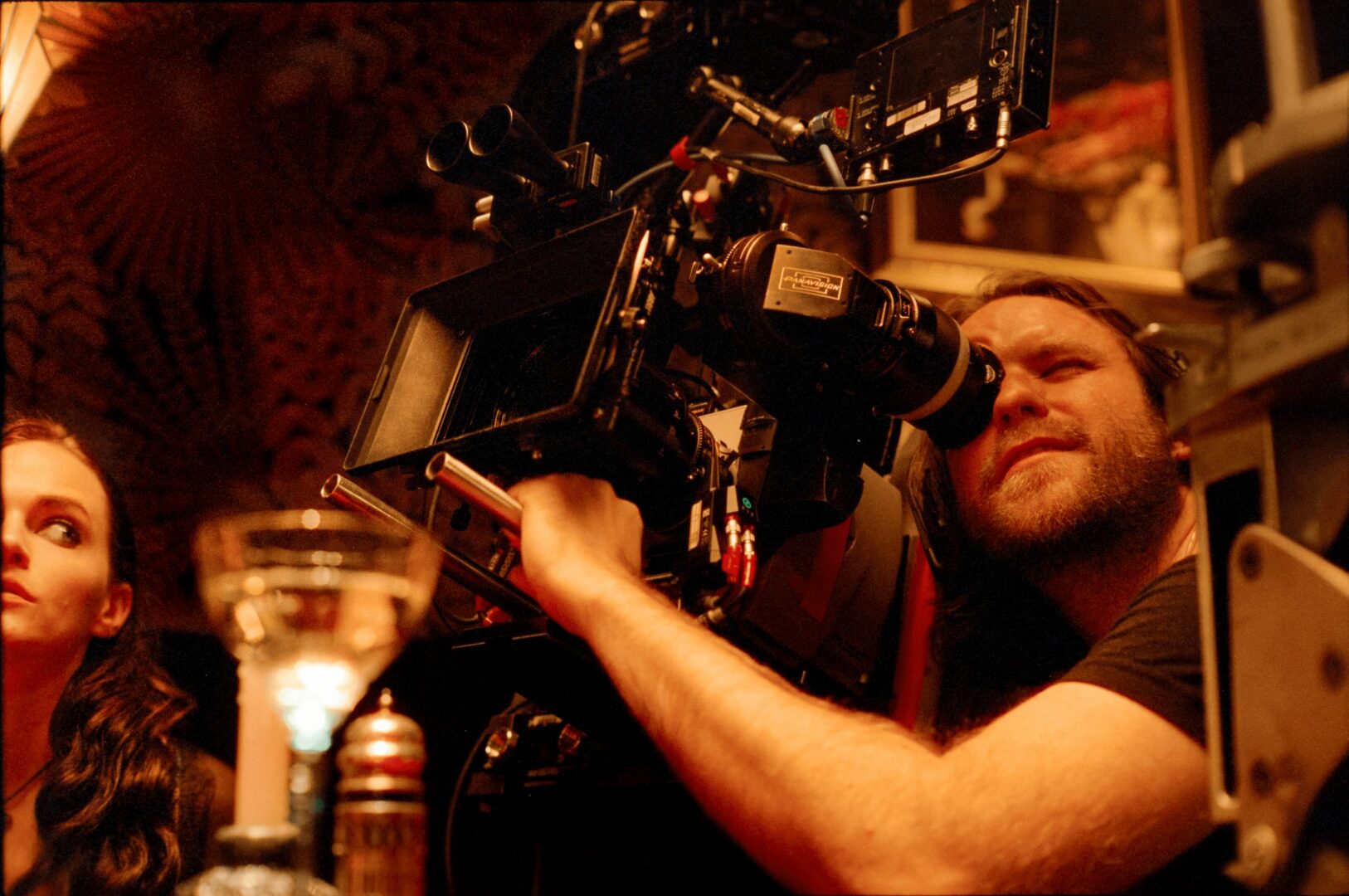We recently connected with Aron Meinhardt and have shared our conversation below.
Aron, first a big thank you for taking the time to share your thoughts and insights with us today. I’m sure many of our readers will benefit from your wisdom, and one of the areas where we think your insight might be most helpful is related to imposter syndrome. Imposter syndrome is holding so many people back from reaching their true and highest potential and so we’d love to hear about your journey and how you overcame imposter syndrome.
That’s the secret, nobody overcomes imposter syndrome. It’s a mountain that you have to keep climbing.
I’ve listened to a lot of interviews with other cinematographers. Famous, award winning cinematographers. They all still have imposter syndrome. Despite winning Academy Awards, they feel like it’s all been a fluke, and the next movie will expose them as a fraud. It may seem ridiculous to hear the people you look up to speak like this, but it shows that nothing really changes as you become more successful.
If you are talented and driven, you are always going to be pushing yourself to do something you’ve never done before. Then, you are always creating new challenges for yourself, doing things in a fresh and creative way. In that way, I think imposter syndrome is a good thing. It keeps us honest, humble. As long as you are pushing yourself out of your comfort zone, there will be insecurity.
If I ever feel like I have nothing left to learn, bury me. It’s over. I will always want to do better. And whenever you are trying to do better, you risk failure.
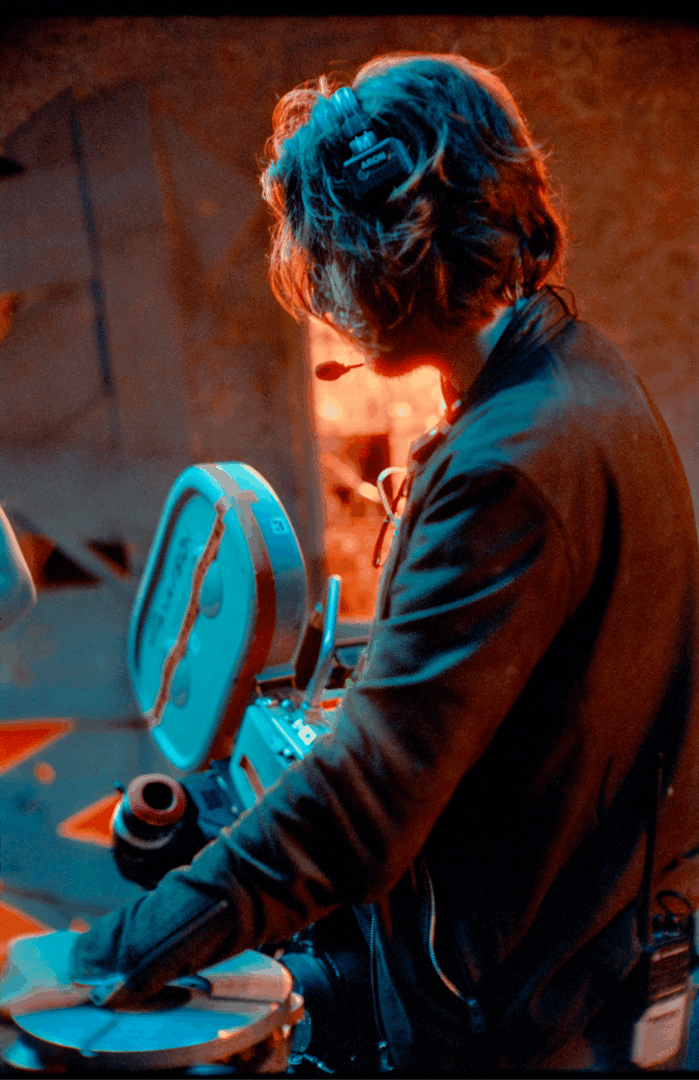
Appreciate the insights and wisdom. Before we dig deeper and ask you about the skills that matter and more, maybe you can tell our readers about yourself?
I’m a Los Angeles based cinematographer. I love playing with light, and experimenting with visual storytelling. I’m particularly obsessed with film, I started cinematography on a B&H Filmo, and would edit by hand on a hand-crank Moviola. I love how still images start to move, and how time becomes feet and inches.
My latest feature, “I Live Here Now” directed by Julie Pacino, is set for release in 2025. It’s a horror film about a woman dealing with an unplanned pregnancy, who finds herself trapped in a remote hotel. Her fragile emotional state comes in conflict with the demands of the people who are looking for her, and the surreal inhabitants of the inn. We shot on 35mm film, with the support of Panavision, Kodak, and Utopia Distribution.
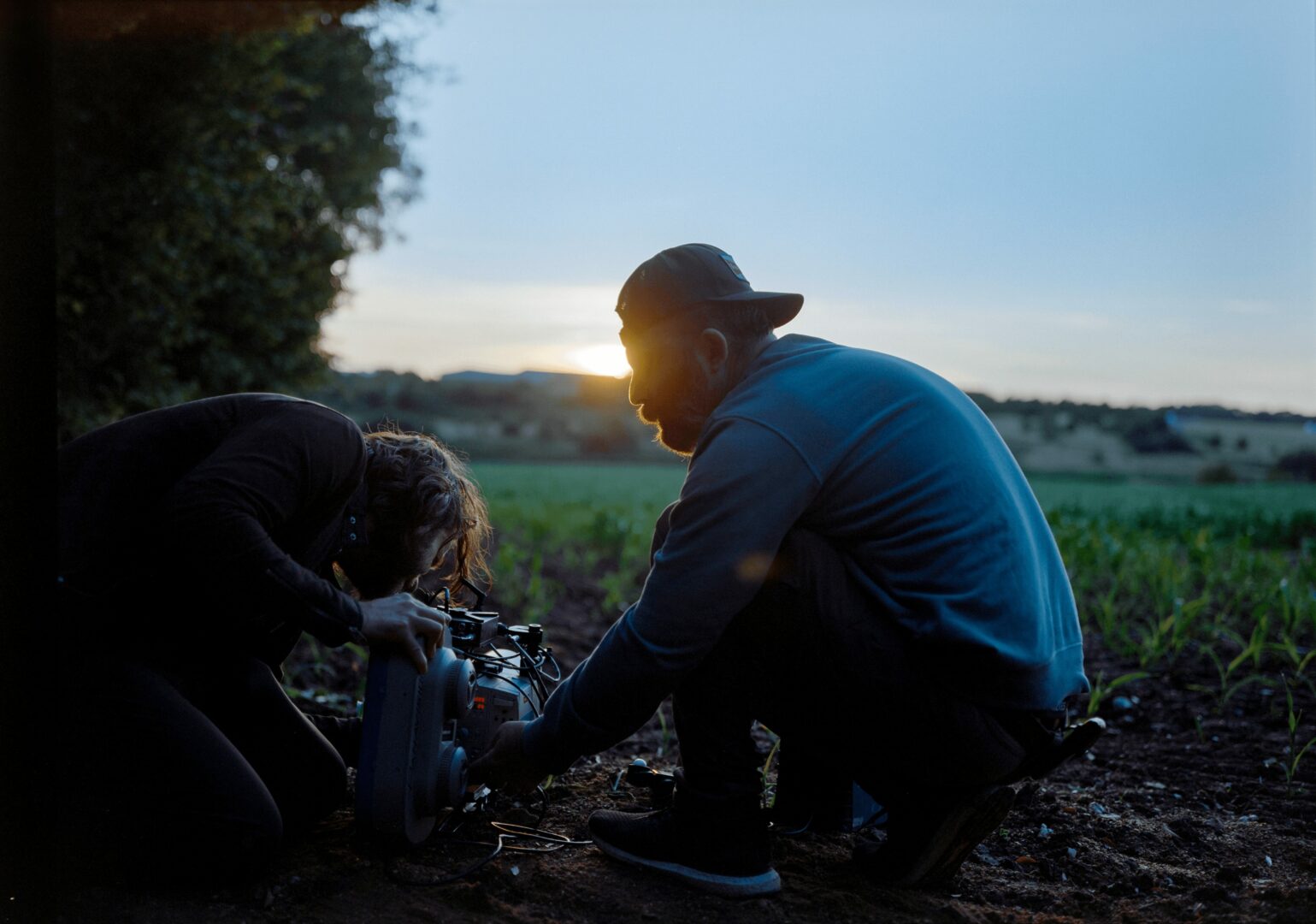
There is so much advice out there about all the different skills and qualities folks need to develop in order to succeed in today’s highly competitive environment and often it can feel overwhelming. So, if we had to break it down to just the three that matter most, which three skills or qualities would you focus on?
To be a cinematographer, you need to understand cameras, understand light, and understand people.
With cameras, the best way to learn, is through practice. Shoot anything you can. They are technical instruments, and anyone can learn their way around them. Creatively: play with lenses, different focal lengths, and different compositions. See how you can affect emotion with the placement of a camera.
With light, I find it best to be aware of the world. Being present and observing all of the beauty (and ugliness) of the world around me is an endless resource of study. I find it useful to try to recreate shots with whatever lights I have available.
Last and not least, is people. What they don’t tell you about being a cinematographer: it is a management role. You can have all of the creative and technical ability in the world, and it won’t amount to much if you can’t lead a team of technicians towards the director’s vision.
Every Head of Department (HOD) has an important and challenging role, but a Cinematographer is in charge of the most departments on set: Electric, Camera, and Grip. Days on a film set are long, not everyone can see the full picture, and not everyone is as invested in the success of the movie as you are.
You need to grow creatively, technically, but also as a leader. And the right team will raise you so much higher than you could carry yourself. Hire people who know more than you do. Empower other people to lead as well. You don’t have to micro-manage to be a good manager. Let people do their jobs, and focus on your collaboration with the director. Filmmaking is a team sport, and your relationships with the production and other HODs are vital to everyone’s success.
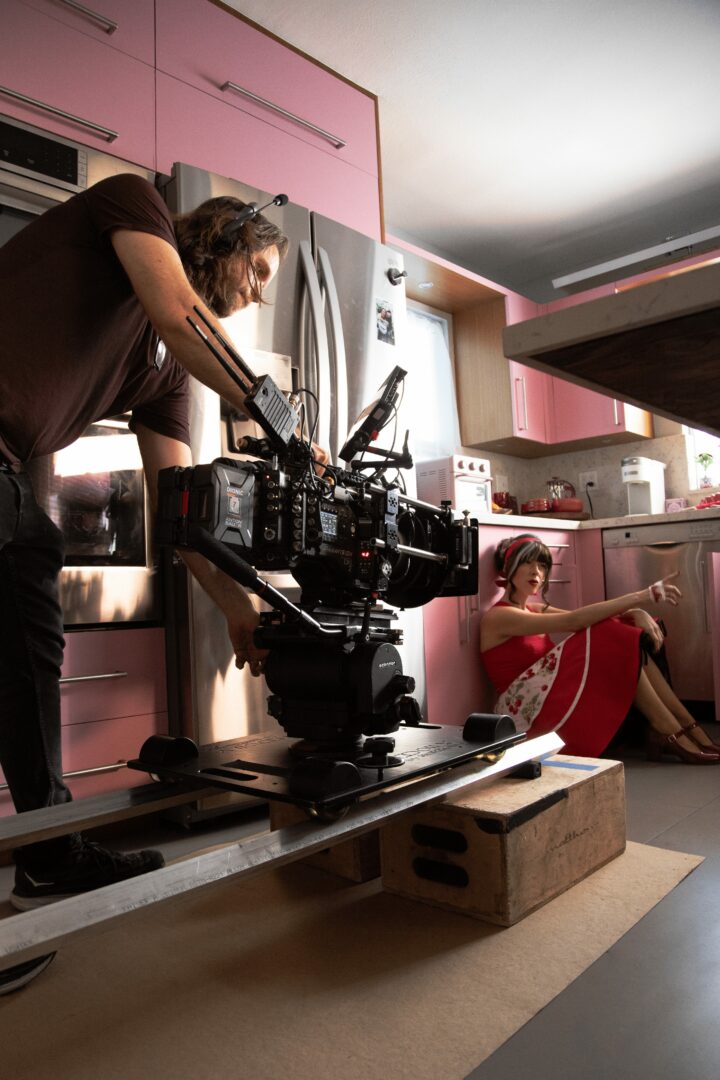
Do you think it’s better to go all in on our strengths or to try to be more well-rounded by investing effort on improving areas you aren’t as strong in?
I feel like it is very important to be well-rounded in this business. Film involves so many different people, with different skills, communicating and collaborating at a very high level. It’s important to keep your eyes up, and see the ways that you can help the other people around you.
If you think somebody’s job is easy, it’s obvious you’ve never done that job. Everyone works so hard on set, and is vital to the end result. Even if they are just getting coffee…. Strike that. Especially if they are getting coffee!
If someone can’t leave their station for hours, offer to bring them a coffee and a snack.
If I’m shooting a wide shot, and there isn’t a good place to put a microphone, I can lean into the sound person and say “Don’t worry, we’ll come into a close-up next, and you can get the dialogue clean.”
If production design is struggling to finish a set on time, I can tell them exactly what’s going to be in frame, so they don’t have to spend precious time and energy on things that are outside of the frame.
If you have an understanding of the challenges that other people face, you can work together to keep those challenges from becoming emergencies.
Contact Info:
- Website: https://www.aronmeinhardt.com
- Instagram: https://www.instagram.com/meinhardtist/
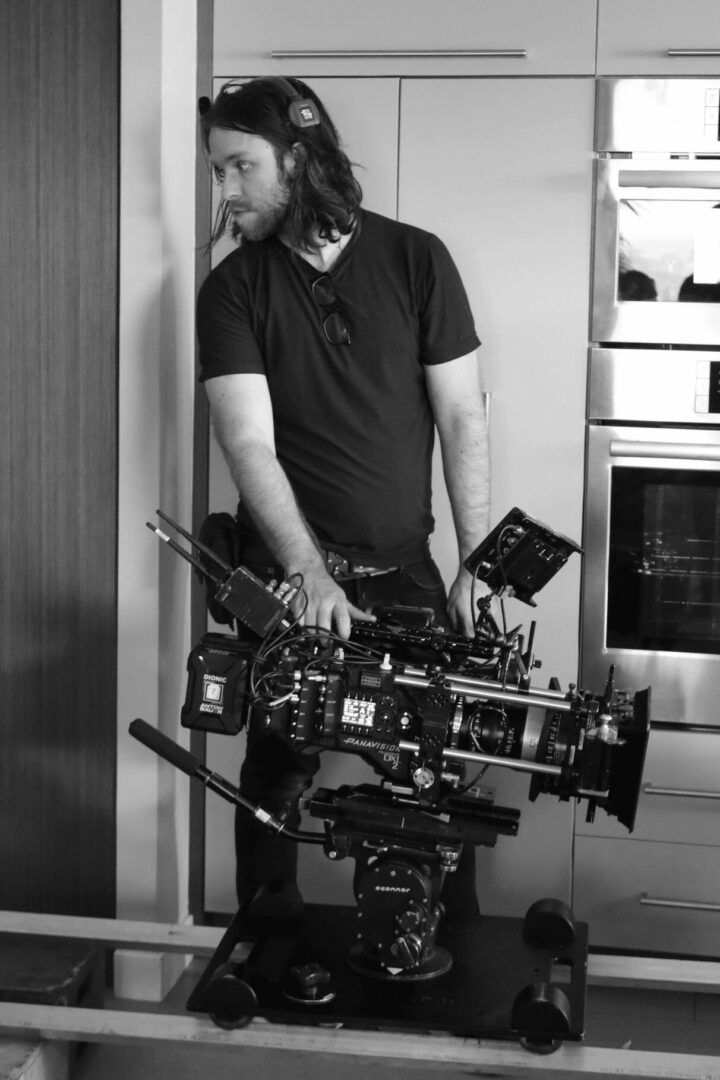
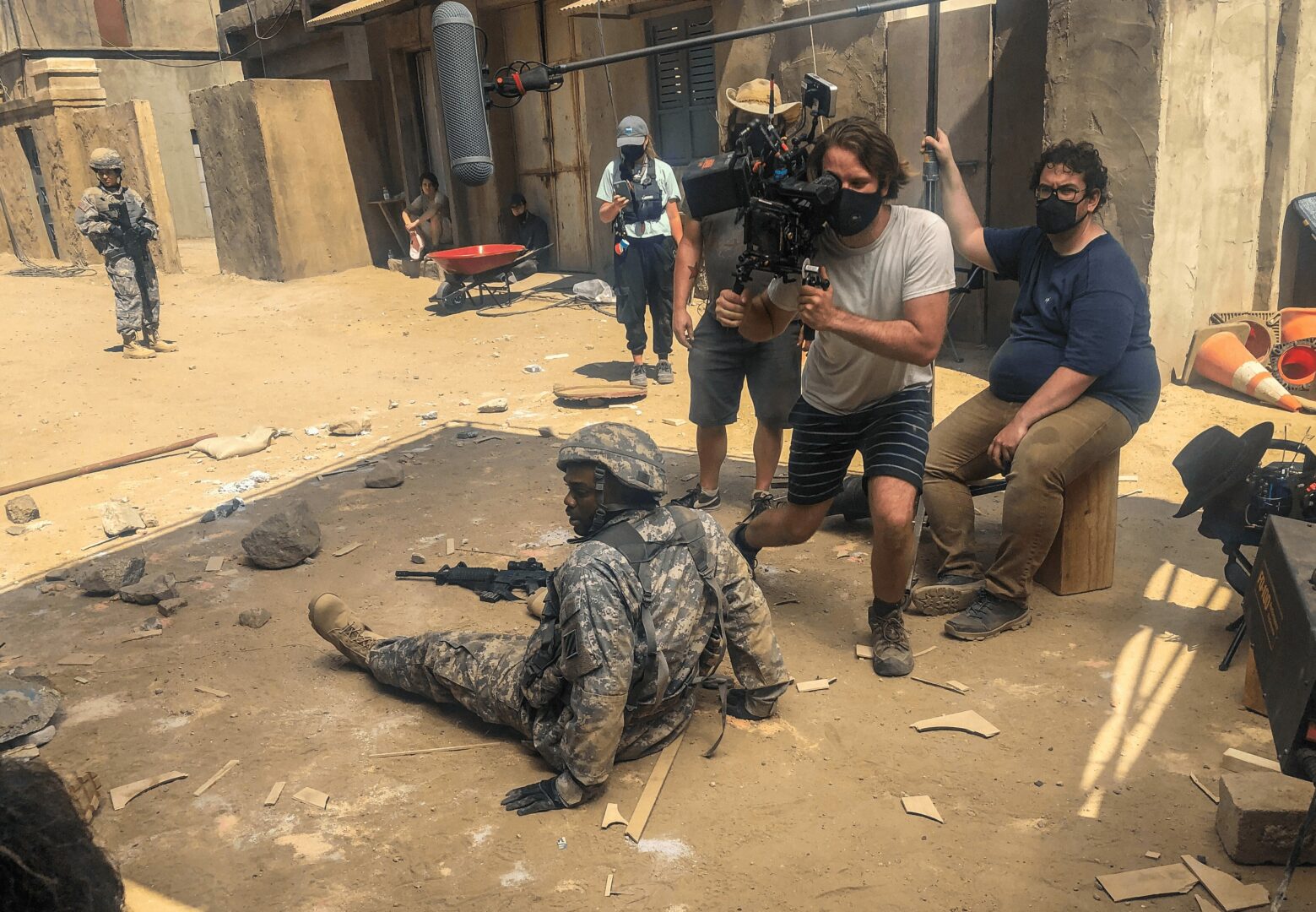
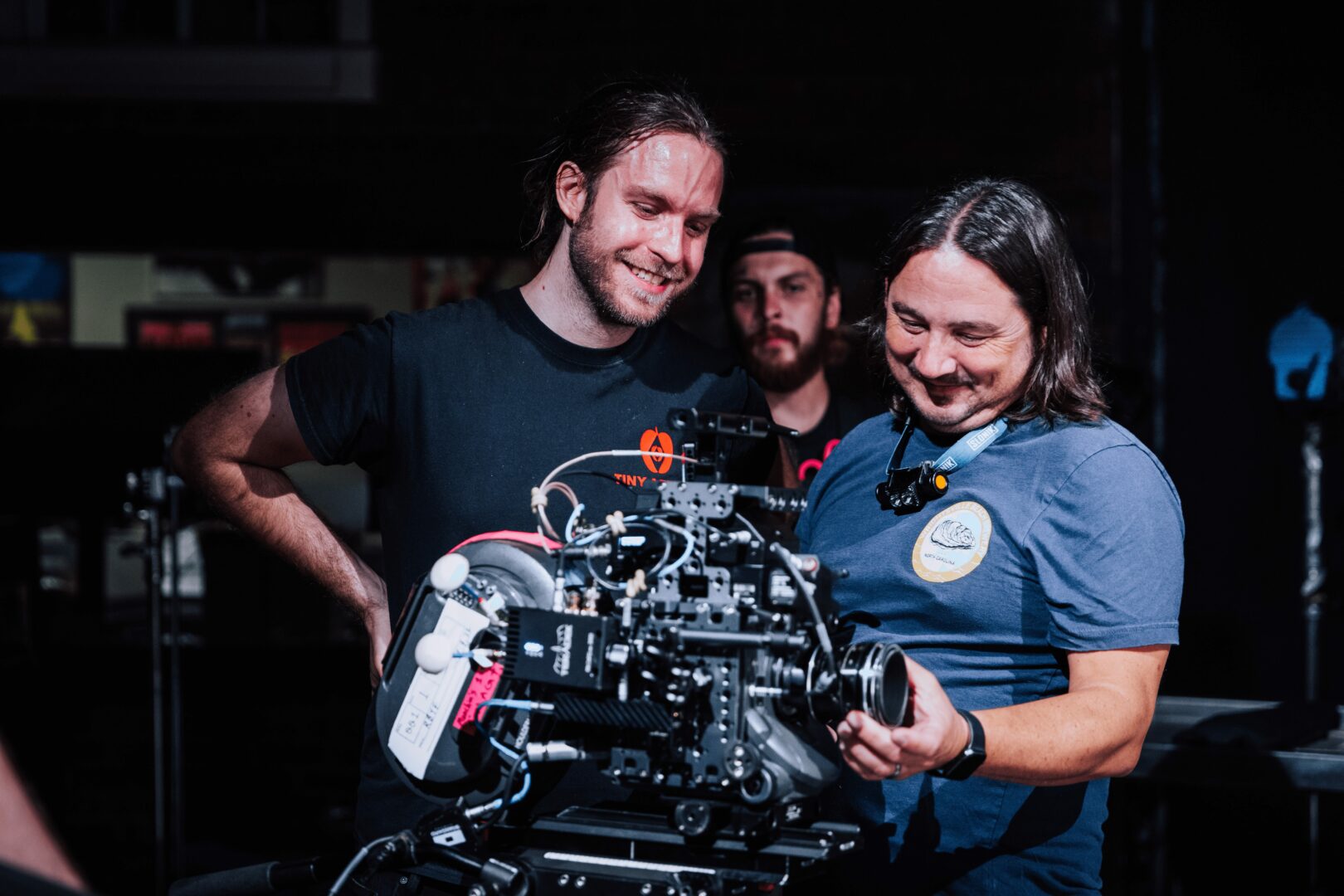
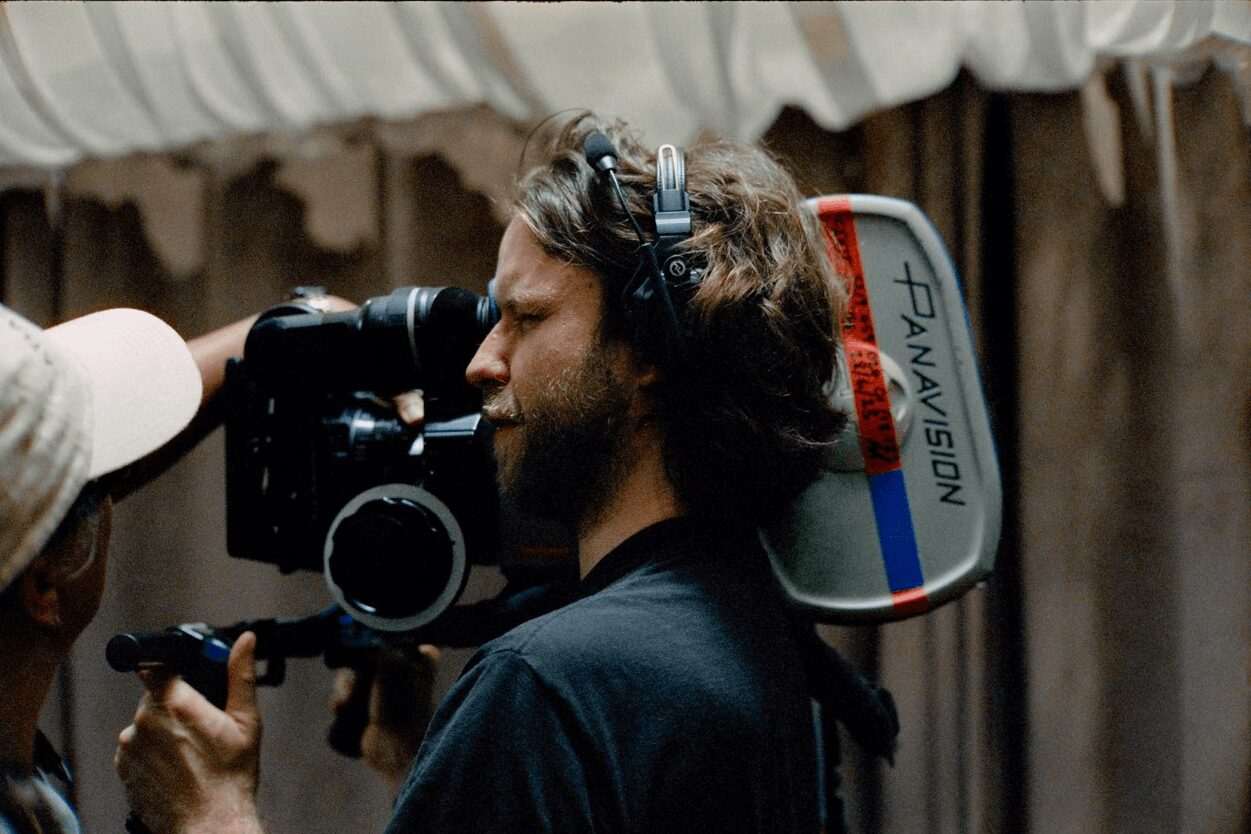
Image Credits
Thaïs Castralli
AB Salvan
Robert MacCready
Chiara Alexa
so if you or someone you know deserves recognition please let us know here.

